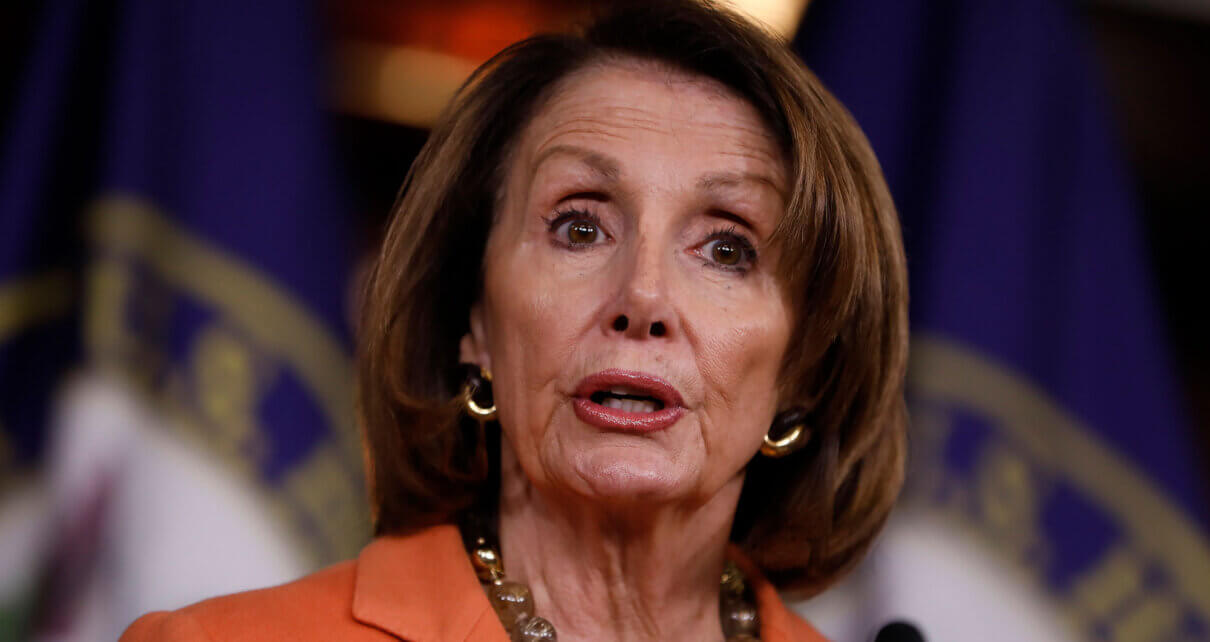Nancy Pelosi, the Speaker of the House of Representatives from 2007 until 2011, and again from 2019 to 2022, has officially stepped down from her congressional role as the House Speaker.
On Nov. 14, Pelosi delivered a 14-minute address covering the topic of future Democratic leadership and what is yet to come, saying, “with great confidence in our caucus, I will not seek re-election to Democratic leadership in the next Congress…For me, the House has come for a new generation to lead the Democratic Congress that I so deeply respect…”
Before being the Speaker of the House, Nancy Pelosi, in 1988, voted in favor of the Civil Rights Restoration Act of 1987, and in 2001 had been elected as the House Minority Whip, the first woman at the time to hold such a position.
Pelosi also served as the longest-standing member of the House Permanent Select Committee on Intelligence spanning the decade of 1993 to 2003.
In 2008, Pelosi was in charge of the 2008 National Convention in Colorado. In 2021, she supported the Inflation Reduction Act alongside the For the People Act.
Speaker Pelosi is not without her controversies; in November of 2011, Pelosi was accused of using information from closed, inside market management and speculation meetings to gain an unfair advantage in the stock market.
In response, Pelosi claimed that the allegations were a “…right wing smear…” given legitimacy by CBS’s program 60 Minutes.
Pelosi additionally supported, and continues to support, the establishment of PRISM, a program under the National Security Agency (NSA) to collect internet communications from U.S. internet servicers, providers, and companies, which now accounts for 91 percent of the intelligence used for the analytic reports by the NSA.
During a House Intelligence Committee convened meeting in 2002, Pelosi supported the use of “enhanced interrogation techniques,” commonly understood as including torturous and unethical methods such as waterboarding.
Speaker Pelosi has historically opposed trade with China, based on human rights violations alleged by some UN member states, and continued to criticize China in their apparent role of manipulating currencies in 2010.
In 2017, Pelosi supported liberal-democratic reforms in Hong Kong after its governmental overturn back to the People’s Republic, and met with well known protester Joshua Wong in 2019.
In July of 2015, Pelosi supported the Obama Administration’s pursuit of the Iran Nuclear Deal stating that there was, “…[a] very strong and forceful presentation of [The Administration’s] case supporting the nuclear agreement with Iran” further calling it a, “…diplomatic masterpiece.”
However, at the onset of the Iraq War in 2002, Pelosi voted against the Iraq Resolution, which later passed in The House. Later, Pelosi supported the funding of the conflict where she was met with anti-war activists and protesters.
In the sphere of American alliances, Speaker Pelosi was also an outspoken supporter of American-Israeli relations, voting in favor of the Jerusalem Embassy Act of 1995, and stood against the democratic participation of Palestinian groups labeled as being a threat to the relations thereof, constituting the majority of trilateral relations between the nations.
Catherine Melman-Kenny, a senior political science and anthropology student, believes that Nancy Pelosi will have a long standing and lasting legacy contiguous with her extended professional political and legislative involvement. “Being the first woman to serve as the Speaker of the House and the longest serving Democratic House leader, she will always have an important role in history…support of the Affordable Care Act…her unrelenting support to Taiwan most recently shows courage that many American leaders have not shown in a long time. Despite being controversial in policy…Pelosi’s role in our history should not be understated,” said Melman-Kenny.
Sabria Smith, a senior political science student, thinks that Nancy Pelosi’s legacy and future indicate a significant shift in American politics. “I feel as though…Pelosi stepping down has come as a surprise for many, while also…something [that] we have all seen coming. It is good for her to step down for the next generation to now control the House, [to] represent the new generation and stances that we have today,” she explained.
Nancy Pelosi’s tenureship as the Speaker of the House of Representatives from 2007 through 2011, up until her second term from 2019 to the present, has been held as her most dominant and impactful work; after 15 years of being formally involved with congressional proceedings, she is stepping down from her role as the Speaker of the House.
Pelosi’s legacy is one of being the first woman to lead Congress, and working on the House Intelligence Committee, who now sets her eyes on helping to determine the next leadership role under the Democrats.
Pelosi’s role in formulating American domestic and foreign policy has shaped the current scope and field of relations at a national, and international, level by fulfilling her duties to American diplomacy.



